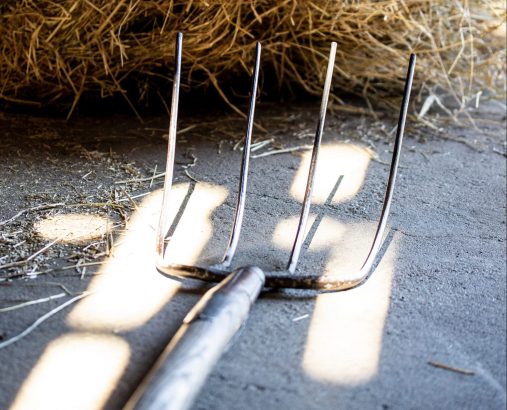Listening to a client recently, she described being at a “fork in the road”. Her choices, as she saw them, were simple – continue doing what she’s been doing in her career for the last 20+ years or stop.
We can all conjure up an image of a road, splitting in two. One road leads one way, the other heads off in a different, separate direction. You can’t see where either is going but you feel compelled to choose which one to take. One, we convince ourselves, is “right”, the other will be “wrong”. Or better/worse; success/failure; fulfillment/disappointment; happiness/disaster.
Looking at options in such binary terms is really common.
“I’m not enjoying work so I either stay and suck it up or I leave.”
“I want to set up my own business so I either leave secure employment and risk everything or I give up my dream.”
“I’m used to having all the answers but now I’m in a leadership position I don’t have the time to get in to all the detail so either I have to work longer and harder to know everything or I have to step away from a being leader.”
Making a change is all about uncertainty and we don’t like it. Thinking about all the potential outcomes and impacts can feel scary and risky, overwhelming even. So, our brains create the illusion of certainty, short-cutting the complexity by constructing “this or that” choices.
But we usually do it with very little information. Going back to the fork in the road analogy, there’s no signpost, no map, no sense of the terrain or distance or weather conditions but yet you are “certain” that one path will lead to to an amazing life and the other will end in disaster.
It’s no wonder making a decision feels so hard!
To make it easier, we need to stop pretending we can make uncertain things certain and look at the space uncertainty gives us. Space for imagining, creating, dreaming; space to allow our thoughts to wonder and our feelings to flow.
- What if there are more than two roads? Three? Four? Twenty?
- What if those roads meet and merge and meander?
- What if the fork was a spoon?
- What if you’re not on a road at all? Where else might you be?
They might sound ridiculous but these kinds of questions help our brains get curious. Rather than being constrained by binary thinking and fear, tapping in to our natural creativity and resourcefulness enables us to problem solve and come up with something meaningful and, most importantly, doable.
So, the next time you feel you’re at a fork in the road, take a breath, thank your brain for it’s well-meaning short cut and then ask it to get curious about the future. You may be pleasantly surprised.


